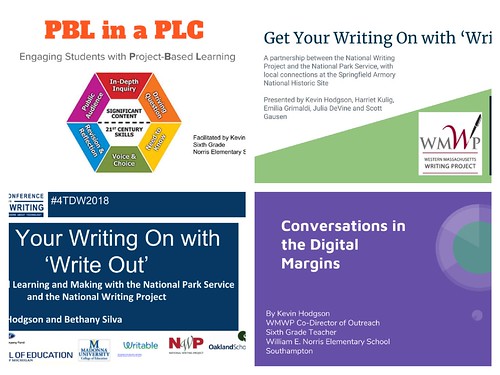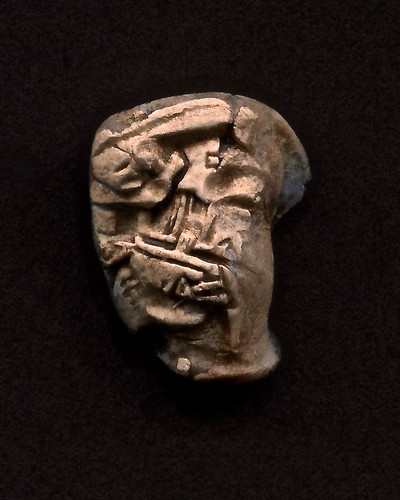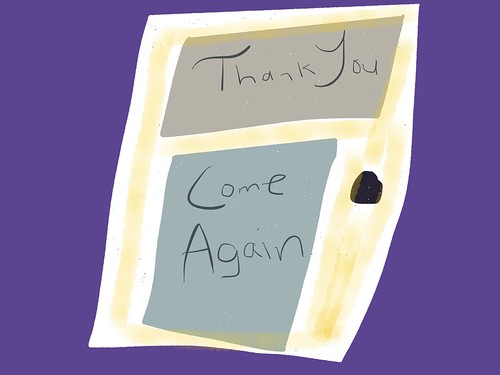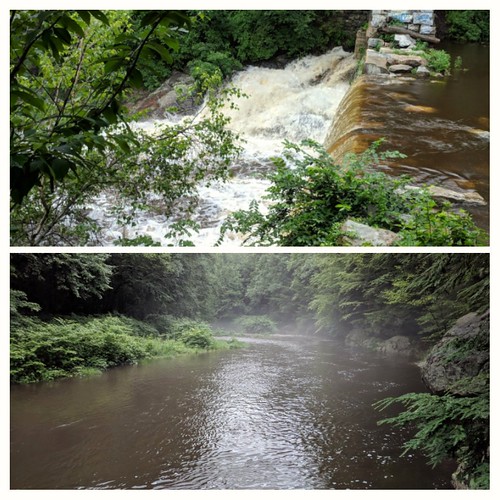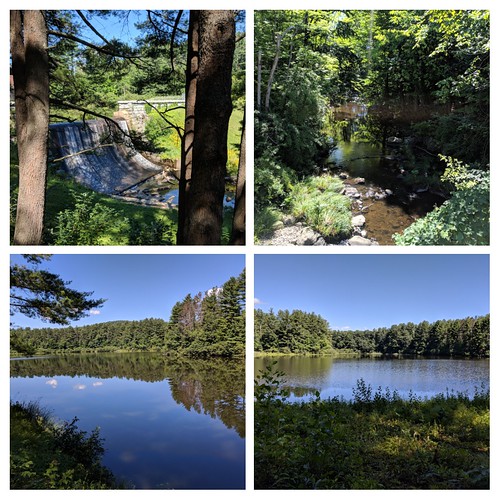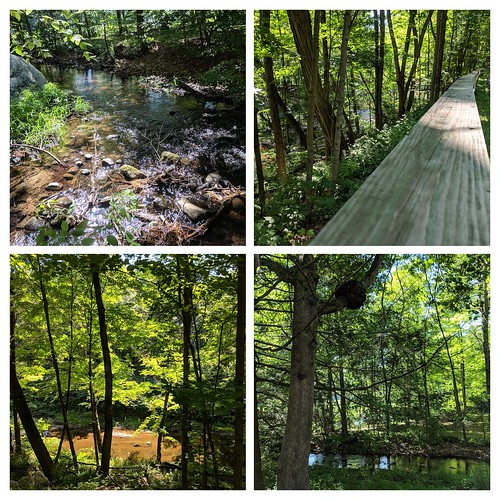 (This is for the Slice of Life challenge, hosted by Two Writing Teachers. We write on Tuesdays about the small moments in the larger perspective … or is that the larger perspective in the smaller moments? You write, too.)
(This is for the Slice of Life challenge, hosted by Two Writing Teachers. We write on Tuesdays about the small moments in the larger perspective … or is that the larger perspective in the smaller moments? You write, too.)
I sat through a staff session yesterday at our school, where our school psychologist walked us through the use of new intervention assessment tool we will be piloting this year. All students will take the assessment and then we as teaching teams will analyze the data. It’s not quite Response to Intervention but we’re moving in that direction.
Good data, as we know, is valuable. Too much data, we know too, is overwhelming and worthless. I’m not making any insights into this new system. It looks fine and well-designed and likely will be useful for me as a classroom teacher. The sample reports bored down from grade overview, to class overview, to student overview, to skill overview. There’s a lot there.
I am, however, always worrying about losing students as people into the flow of data analysis. Schools are awash in data. We get reams of it from our state testing (a school year later after the assessment, which is not always too helpful) and from our trimester reading assessments (which take a lot of time to conduct but give me valuable insights). Add to that the regular classroom assessments, and soon it feels as if it is an avalanche we are surfing.
I remind myself to … breathe. And then to take each bit of data that is useful and, well, use it as best as I can. If not for intervention groups, then for classroom instruction and for writing workshop and for all the times I interact with individual students.
Otherwise, we are awash in noise.

Look What I Did – Fade to Daft flickr photo by hellocatfood shared under a Creative Commons (BY-NC-SA) license
I remind myself, also, to remember: students are not data point, not now nor ever. They are young people, with strengths and weaknesses, some of which might be uncovered by data and some of which might be discovered through human interactions. They are complicated people with lives outside of school.
Just like us.
Peace (01100001 01101110 01100100 0010000001101100 01101111 01110110 01100101),
Kevin
PS — https://www.binarytranslator.com/
 (This is for the Slice of Life challenge, hosted by Two Writing Teachers. We write on Tuesdays about the small moments in the larger perspective … or is that the larger perspective in the smaller moments? You write, too.
(This is for the Slice of Life challenge, hosted by Two Writing Teachers. We write on Tuesdays about the small moments in the larger perspective … or is that the larger perspective in the smaller moments? You write, too.